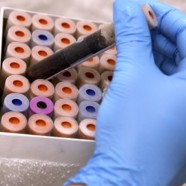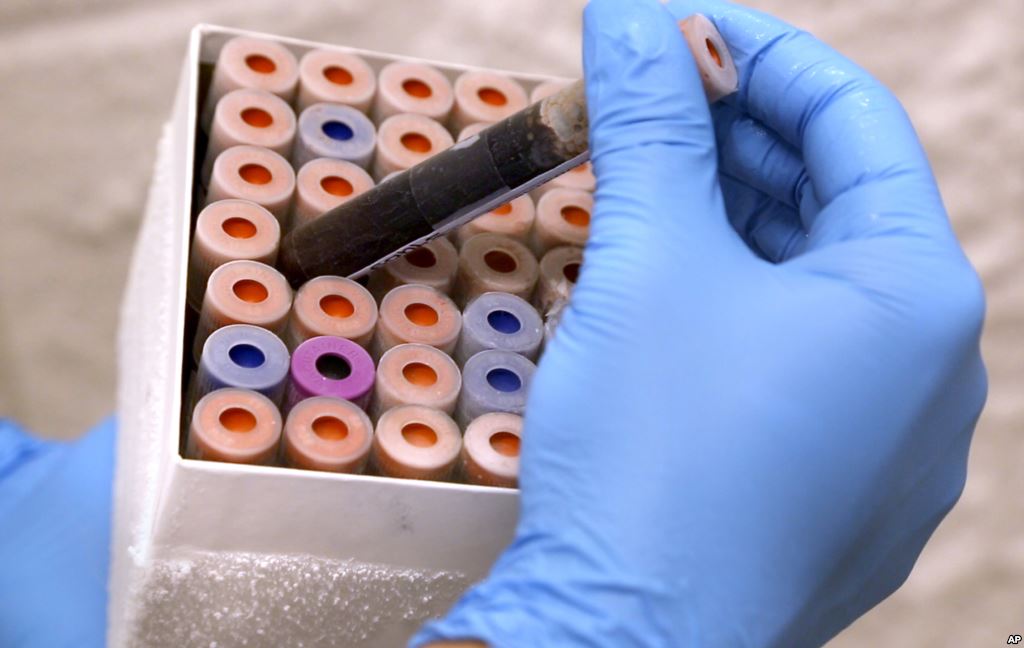Detect Cancer Early
Simple Blood Test Could Detect Cancer Early
Detecting many forms of cancer may soon be as easy as a simple blood test, according to a new study.
The blood test, developed by researchers at Stanford University School of Medicine, could also be used to “monitor the amount of cancer in a patient’s body,” say the researchers, as well as measure their response to various treatments.
The test, called CAPP-Seq, for Cancer Personalized Profiling by deep Sequencing, is a refinement of past approaches to measuring the level of tumor DNA in the patient’s bloodstream, according to the study.
The new method was able to “accurately identify about 50 percent of people in the study with stage-1 lung cancer and all patients whose cancers were more advanced,” according to the researchers.
Researchers said that cancer cells “are continuously dividing and dying,” and as they do, they release DNA into the bloodstream. They called these traces of DNA “tiny messages in a bottle.”
Reading these messages, researchers said, can allow better diagnoses and better monitoring of treatment. This blood test would go far toward finding the one mutation in 1,000 or 10,000 that come from cancer cells.
“The vast majority of circulating DNA is from normal, non-cancerous cells, even in patients with advanced cancer,” said Scott Bratman, another author in a statement. “We needed a comprehensive strategy for isolating the circulating DNA from blood and detecting the rare, cancer-associated mutations.”
Those not involved in the study were hopeful.
“I think it’s an important advance in the field,” said Dr. Abhijit Patel from Yale Cancer Center and Smilow Cancer Hospital, where he does similar research. “The goal is to detect very small, early stage tumors.”
Patel said one of the major breakthroughs of the test is the ability to monitor changes in DNA mutations in cancer patients who are already receiving treatment and may develop a resistance to a specific medicine.
He also said the test was very unlikely to produce false positives because cancer “DNA mutations are unlikely to be found in healthy people.”
The study examined patients suffering from non-small-cell lung cancer, but the researchers said the test could be “applicable to many different solid tumors throughout the body.”
In the future, the researchers said the test could be used to “screen healthy or at-risk populations for signs of trouble.”
“It may be possible to develop assays that could simultaneously screen for multiple cancers,” said Maximilian Diehn, MD, an author of the study. “This would include diseases such as breast, prostate, colorectal and lung cancer, for example.”
Patel added that while the breakthrough was promising, it’s likely going to be five or 10 years before a screening test would be available to the general public.
“To monitor treatment responses or resistance to treatment, it would be closer,” he said.
source: Matthew Hilburn / VOA News / Nature Medicine


